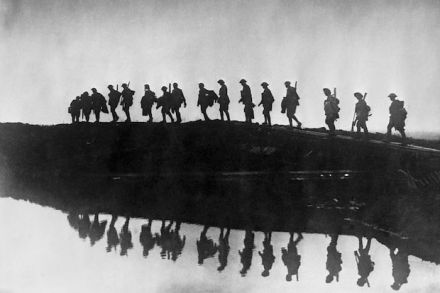Hacks and robbers
Readers of advanced years like me will almost certainly remember the bow-tied figure of Edgar Lustgarten, star of any number of ‘True Crime’ B movies which were an integral part of a visit to the cinema, or ‘flicks’, when we were young. Some of us also remember his catchphrase when describing the downfall of a murderer, if only because it was a favourite of The Spectator’s one-time political columnist Alan Watkins: ‘It was then that he made his first big mistake.’ As it happens The Spectator features in Lustgarten’s own story, one of many to be told in Duncan Campbell’s very entertaining new book about crime reporting past and present.





















